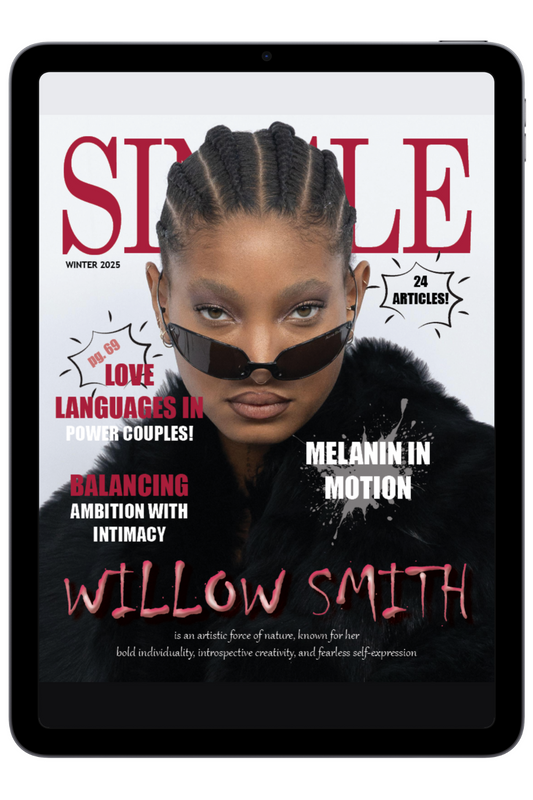Tiffany Red Exposes Songwriting Theft in the Music Industry

In the labyrinthine world of the music industry, where creativity meets commerce, the issue of songwriting ownership has long been a contentious one. Recently, American singer-songwriter-activist Tiffany Red has thrust this issue into the spotlight with her courageous exposé of songwriting theft, implicating several prominent artists, including Beyoncé, Sevyn Streeter, Tamar Braxton, and Zendaya.
Born on December 24, 1986, in Sicklerville, New Jersey, Tiffany Red's credentials as a songwriter are impeccable. Her talent has been recognized with a Grammy Award in 2009 for her contributions to Jennifer Hudson's self-titled album, which clinched the title of Best R&B Album of the year.
Red's prowess continued to shine as she received another Grammy nomination in 2014 for her work on Fantasia's album, "Side Effects Of You," nominated for Best Urban Contemporary Album of the year. Additionally, Red has independently released seven projects of her own, showcasing her multifaceted artistry and unwavering commitment to her craft.
Related articles: Review: Ice Spice's New Album 'Y2K' Sparks Doubts About the Credibility of Music Label Executives and Award Show Officials

However, it was in June 2020 that Red's advocacy took a pivotal turn. Her social media outcry over the under-compensation for her contribution to the K-pop hit "Boss" by NCT ignited a movement. This activism led to the establishment of The 100 Percenters, a non-profit organization dedicated to advocating for music creatives, particularly those from BIPOC and marginalized communities. Red's vocal advocacy resonated far and wide, attracting attention from esteemed media outlets such as Billboard, Variety, Forbes, and Rolling Stone. Moreover, she received support from industry giants like Sony Music Publishing and the YouTube Black Voices Fund.
In a 15-minute video, Red fearlessly exposed the prevalence of songwriting theft in the music industry, calling out renowned artists for receiving publishing credits on songs they neither contributed to nor witnessed the writing process. Among those implicated was Beyoncé, a global icon whose musical prowess has earned her widespread acclaim. Red's critique extended to Sevyn Streeter, Tamar Braxton, and Zendaya, highlighting a systemic issue that transcends individual artists.
Central to Red's argument is the disparity in recognition between artists like Beyoncé and Taylor Swift. While Swift is celebrated for her hands-on approach to songwriting, reflected in her numerous accolades, including Album of the Year awards, Beyoncé's track record in this regard is less transparent. Red contends that artists who genuinely contribute to the songwriting process deserve recognition commensurate with their creative input.
Related articles: Beyoncé Redefines Music Genre with "Cowboy Carter"
To contextualize the issue further, Red outlined the three primary ways in which songwriters are compensated: Mechanical Royalty, Performance Royalty, and Synch Fees. Mechanical Royalty pertains to earnings from the sale of songs on albums or digital downloads, with rates set by a Copyright Royalty Board. Performance Royalties are generated when songs are broadcasted on radio, performed live, or streamed online, while Synch Fees are earned when songs are licensed for use in visual media. Red's exposition underscores the importance of fair compensation for songwriters, whose creative contributions form the bedrock of the music industry.
As Red's revelations reverberate throughout the industry, questions surrounding accountability and ethical practice come to the fore. Artists, record labels, and industry stakeholders face mounting pressure to address the systemic inequities that undermine the integrity of the creative process. Red's bold stance serves as a clarion call for reform, urging the industry to prioritize transparency, fairness, and artistic integrity.
by Diamond Brown









